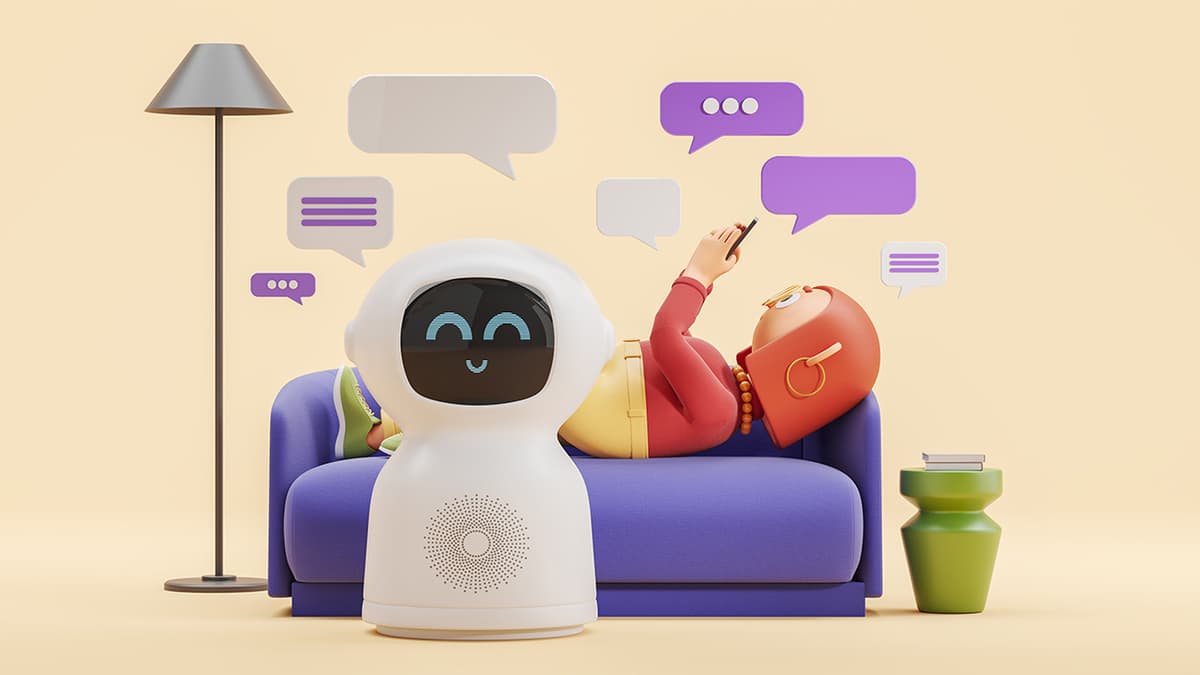Artificial Intelligence in Education
AI has advanced in various industries, and education is one of them. It can process large amounts of data and perform complex tasks, potentially changing how we teach and learn. This article explores how AI is being utilized to improve the educational experience.
What is Artificial Intelligence?
AI refers to computer systems that perform tasks typically requiring human intelligence. These tasks include speech recognition, decision-making, problem-solving, and learning. AI algorithms analyze data, identify patterns, and make predictions, allowing machines to replicate human cognitive abilities.
In education, AI technology enhances personalized learning, improves administrative tasks, and boosts student engagement. Here are some ways AI is transforming education:
Personalized Learning
AI’s most significant advantage in education is personalizing the learning process. By analyzing data, AI algorithms identify students' strengths, weaknesses, and learning styles. This enables educators to tailor instruction and offer individualized support.
Adaptive learning platforms, supported by AI, create personalized learning paths. These platforms provide interactive lessons, quizzes, and assessments designed for each student's needs. As students progress, AI algorithms adjust content and difficulty to ensure optimal learning outcomes.
Intelligent Tutoring Systems
Intelligent Tutoring Systems (ITS) represent another innovative application of AI in education. These systems utilize AI algorithms to offer personalized feedback and guidance, similar to a human tutor. ITS can analyze student responses, identify misconceptions, and provide targeted interventions to help students understand difficult concepts.
An example is Carnegie Learning's Cognitive Tutor, an AI-powered system that gives real-time feedback in mathematics. It adapts to individual responses, identifies areas for improvement, and provides tailored hints and explanations.
Automating Administrative Tasks
AI is also streamlining administrative tasks in educational institutions, which saves valuable time for educators and administrators. AI systems can automate routine tasks such as grading assignments, generating reports, and scheduling classes.
Furthermore, AI chatbots are used to provide immediate support to students and staff. These chatbots can answer frequently asked questions, assist students with enrollment, and offer information about campus resources.
AI is transforming the education sector by creating personalized learning experiences, developing intelligent tutoring systems, and automating administrative tasks. With AI, educators can deliver tailored instruction, identify learning gaps, and enhance student engagement. As technology progresses, AI will play an increasingly essential role in shaping the future of education.












